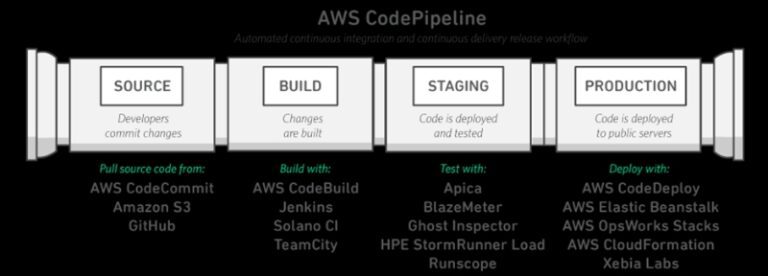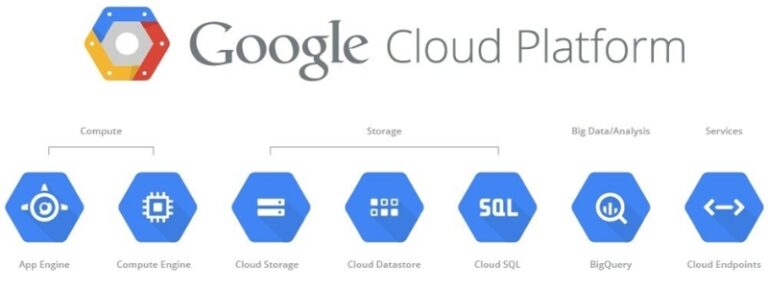DevOps as a Service: All You Need To Know!
DevOps is the answer if you want to produce better software quicker. This software development process invites everyone to the table to swiftly generate secure code. Through automation, collaboration, rapid feedback, and iterative improvement, DevOps principles enable software developers (Devs) and operations (Ops) teams to speed delivery.

What exactly is DevOps as a Service?#
Many mobile app development organisations across the world have adopted the DevOps as a Service mindset. It is a culture that every software development company should follow since it speeds up and eliminates risk in software development [(Agrawal and Rawat, 2019)].
The primary rationale for providing DevOps as a service to clients is to transition their existing applications to the cloud and make them more stable, efficient, and high-performing. The primary goal of DevOps as a service is to ensure that the modifications or activities performed during software delivery are trackable. Applying DevOps practices such as Continuous Integration and Continuous Delivery enables businesses to generate breakthrough results and outstanding commercial value from software [(Trihinas et al., 2018)].
As more organisations adopt DevOps and transfer their integrations to the cloud, the tools used in build, test, and deployment processes will also travel to the cloud, thereby turning continuous delivery into a managed cloud service.
DevOps as a Managed Cloud Service#
What exactly is DevOps in the cloud? It is essentially the migration of your continuous delivery tools and procedures to a hosted virtual platform. The delivery pipeline is reduced to a single site in which developers, testers, and operations specialists work together as a team, and as much of the deployment procedure as feasible is automated. Here are some of the most prominent commercial choices for cloud-based DevOps.
AWS Direct DevOps Tools and Services#
Amazon Web Services (AWS) has established a strong worldwide network to virtualize some of the world's most complicated IT settings [(Alalawi, Mohsin and Jassim, 2021)]. AWS Direct DevOps is a quick and relatively straightforward option to transfer your DevOps to the cloud, with fibre-connected data centres located all over the world and a payment schedule that measures exactly the services you use down to the millisecond of computing time. Even though AWS Direct DevOps provides a plethora of sophisticated interactive capabilities, three specific services are at the heart of continuous cloud delivery.

AWS CodeBuild: AWS CodeBuild is a completely managed service for generating code, automating quality assurance testing, and delivering deployment-ready software.
AWS CodePipeline: You define parameters and develop the model for your ideal deployment scenario using a beautiful graphic interface, and CodePipeline handles it from there.
AWS CodeDeploy: When a fresh build passes through CodePipeline, CodeDeploy distributes the functioning package to each instance based on the settings you specify.
Google Cloud DevOps Tools and Services#
The search engine giant boasts an unrivalled global network, user-friendly interfaces, and an ever-expanding set of features that make the Google Cloud DevOps option worthwhile to explore.

Google Cloud DevOps also offers comprehensive cloud development suites for a broad range of platforms, including Visual Studio, Android Studio, Eclipse, Powershell, and many more [(Jindal and Gerndt, 2021)]. In a cloud environment, use the development tools you already know and love.
Let's take a look at some of the most powerful StackDriver development tools available from Google.
Stackdriver Monitoring: Get a visual representation of your environment's health and pain areas.
Stackdriver Debugger: Zoom in on any code position to see how your programme reacts in real-time production.
Stackdriver Logging: Ingest, monitor, and respond to crucial log events.
StackDriver Trace: Locate, examine, and show latencies in the Google Cloud Console.
Microsoft Azure DevOps Tools and Services#
Microsoft Azure DevOps, Microsoft's cloud management platform, is bringing a powerful punch to DevOps as a managed service area. Azure, like AWS Direct DevOps and Google Cloud DevOps, provides a remarkable range of creative and compatible DevOps tools.
With so many enterprises already invested in Microsoft goods and services, Microsoft Azure DevOps may provide the simplest path to hybrid or full cloud environments. Microsoft's critical DevOps tools include the following:
Azure Application Service: Microsoft Azure DevOps App Service offers an infinite number of development alternatives.
Azure DevTest Labs: Azure DevTest Labs simplifies experimentation for your DevOps team.
Azure Stack: Azure Stack is a solution that allows you to integrate Azure services into your current data centre [(Soh et al., 2020)].
The Advantages of DevOps as a Service#
[DevOps as a Service] has several advantages. Some of the more notable advantages are listed below:
- Better collaboration
- More rapid testing and deployment
- Reduces complexity
- Product of the highest quality
- Internal DevOps coexists
Final thoughts#
Choosing DevOps as a service will allow you to develop your business faster and provide more value to your clients. Choosing DevOps as a service is your route to customer success, whether you're developing a new application or upgrading your legacy ones.